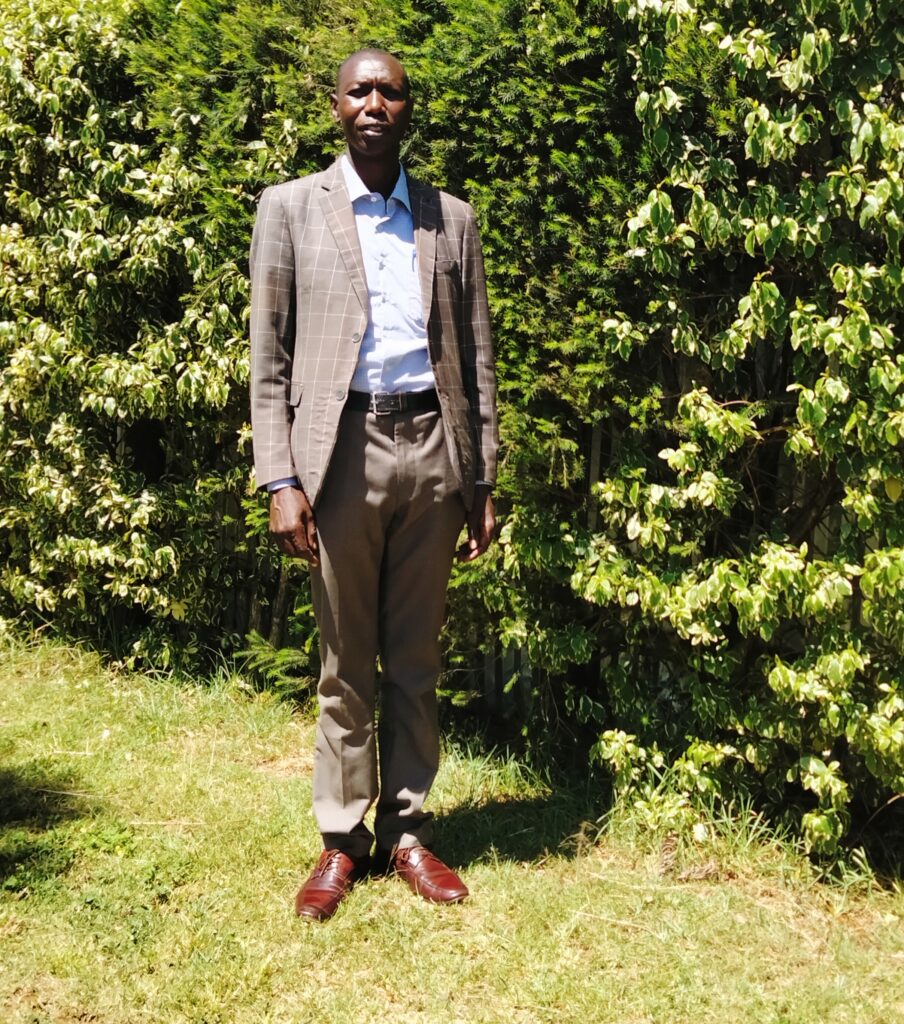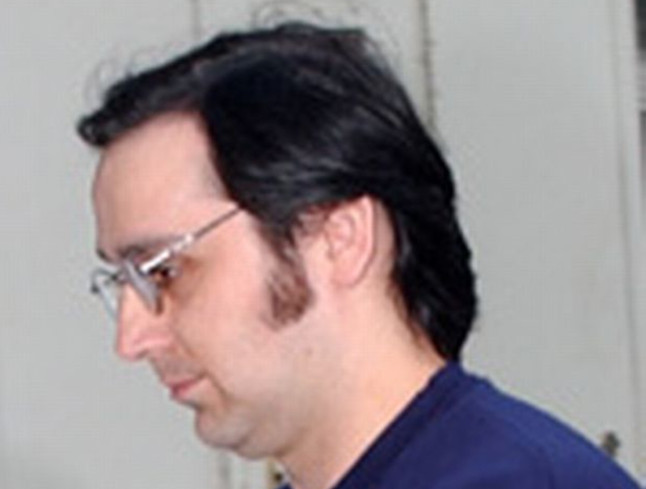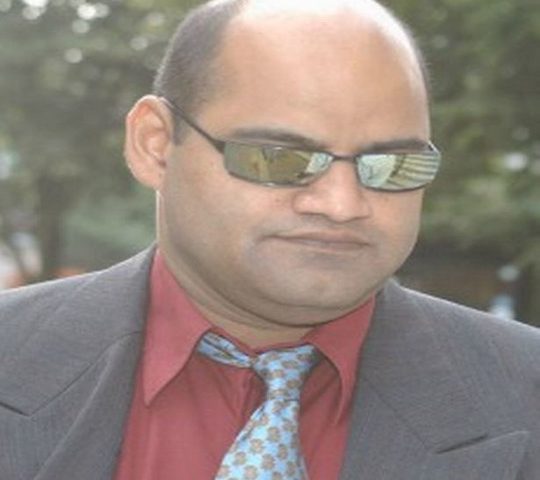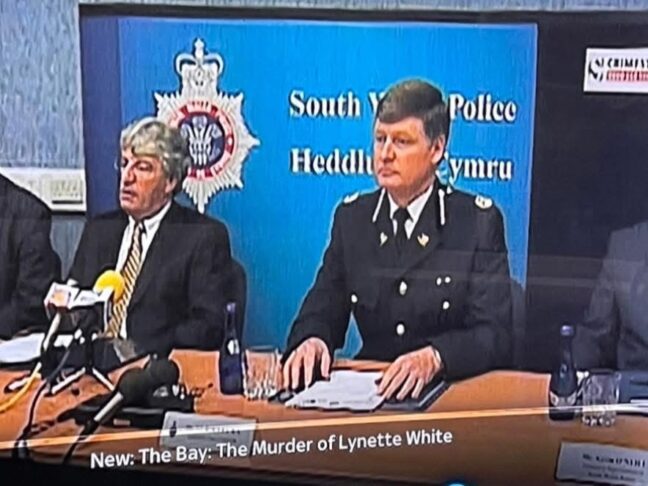
Lynette’s Law – Needed?
April 1, 2025By Satish Sekar © Satish Sekar (March 31st 2025)
Simion Biwott on the Parole Board
Former Kenyan long-distance runner, Simion Biwott, of the Veterans’ Association supports calls in Britain for Lynette’s Law.

“What I thought is this Board [the Parole Board] seems to act above the law and I was thinking, if possible, we should have maybe somebody or a body that is in a position also to verify and confirm that what the Board has done is above board – the procedures have been followed correctly before somebody is released by that Parole Board, so that Board is working on its own and there is no check and balance to make sure also that they also follow the right procedures and do the right thing that the community agree with,” he said.
The Parole Board says that it is independent. Like the Sentencing Council, it is an executive non-departmental body that is funded by the Ministry of Justice. However, while taxpayers fund it through their contributions that fund the Ministry of Justice, they have no power and little input into its decisions even when they bear the brunt of the consequences.
The Parole Board can allow hearings to occur in public, but they are not obliged to. In the recent case of Jeffrey Gafoor, the real murderer of Lynette White, his preferences were acquiesced to at the expense of the public, including his victims.
Despite giving a commitment of anonymity in the consideration of whether the hearing should be in public, the Parole Board not only breached that condition in my case, they made sure that I was easily identifiable through their website. My views are not secret, but they had a duty not to publish information that could identify anyone asking for a public hearing through reconsideration of the decision not to hold the hearing in public. In my case, they published information that made it very easy to identify me as one of those calling for a public hearing, so I have, therefore, concluded that their conduct was deliberate, malicious and a dog-whistle to anyone who dared challenge them.[1]

It achieved its purpose. Gafoor was freed without the process being subjected to proper scrutiny with the added bonus of potentially endangering someone who dared to oppose them. I have had to inform the police of what was done as a result of what I consider to be deliberate negligence – the Parole Board has been left in no doubt what I think of their behaviour. They can rest assured; it won’t silence me.
Victims’ Rights
But this is not about me. It is about obtaining a truly fair, open and transparent parole process – the very thing the Parole Board did not provide in any of Gafoor’s six applications for release on parole. Their actions suggest that they never had any intention of delivering such a process. Its actions in this case and others must be subjected to thorough scrutiny. Only then, can lessons be learned.
Biwott is keen to ensure that victims have their say.
“The victims, especially, have to be given the final say also to either accept the apology of the murderer before he is being released rather than depending on the judgement of the Parole Board and I think the public should be given an opportunity to hear it and his or her explanation of why the crime was committed,” Biwott said. “Even the criminal himself should be willing to testify and apologise honestly to show that he has repented the crimes he committed and he doesn’t have anything to hide. He should give the true reasons as to why he killed and, also, if the body was not found anywhere, he should be willing to show where the body parts have been hidden or where the body has been hidden, so I think we need a kind of a check on that Board, so we know that everything has been done correctly and procedurally.”
There is nothing to stop the system from doing this, but if the Lynette White case is anything to go by, we cannot rely on the system to deliver, which is why Lynette’s Law is needed to ensure that the public, especially all of the victims, are kept fully informed of vital information such as why the killer committed these terrible crimes.
[1] Further details will be published in a forthcoming book, The Parole Fiasco, which will be published next year.



